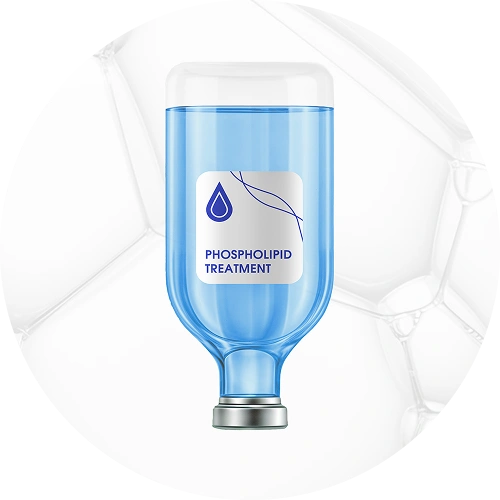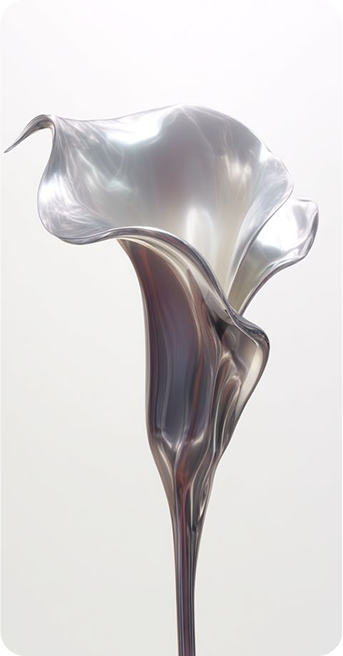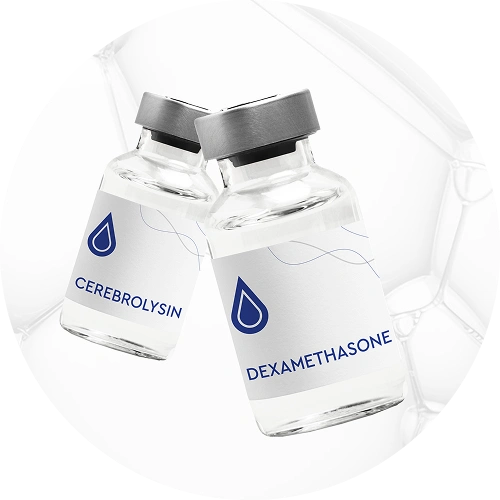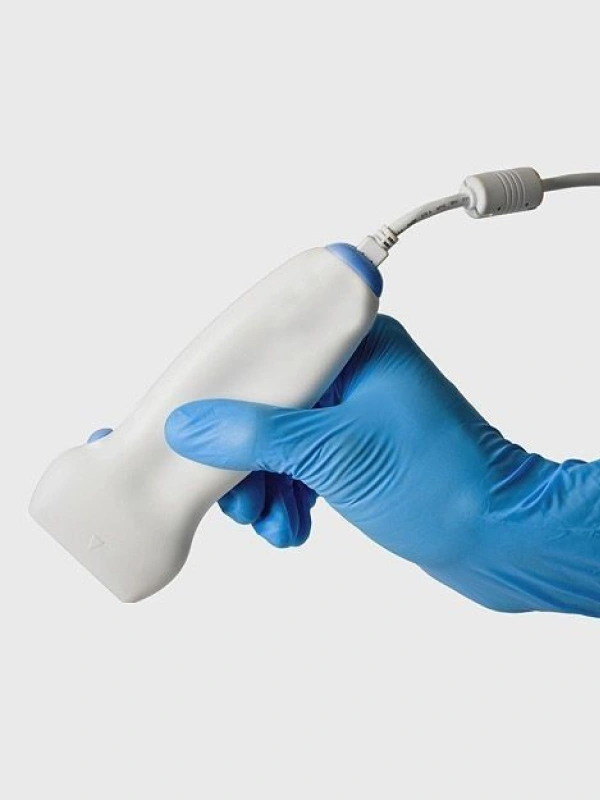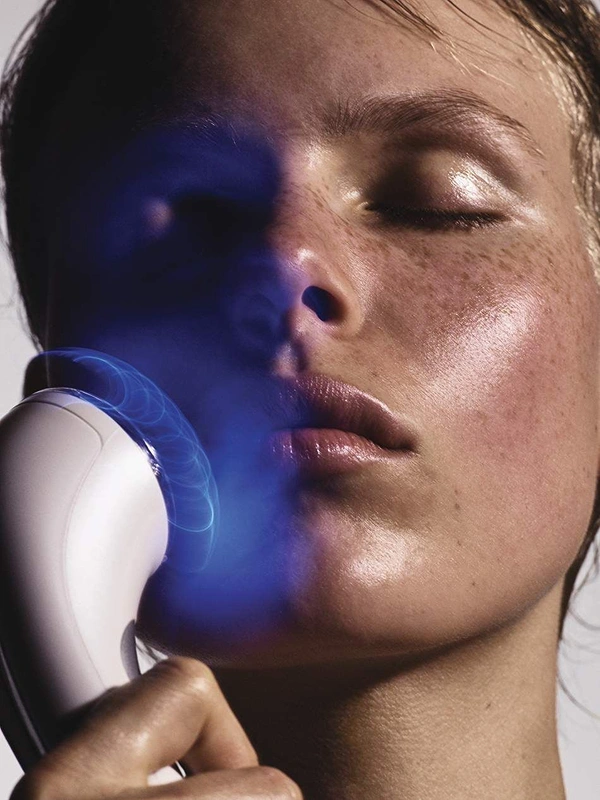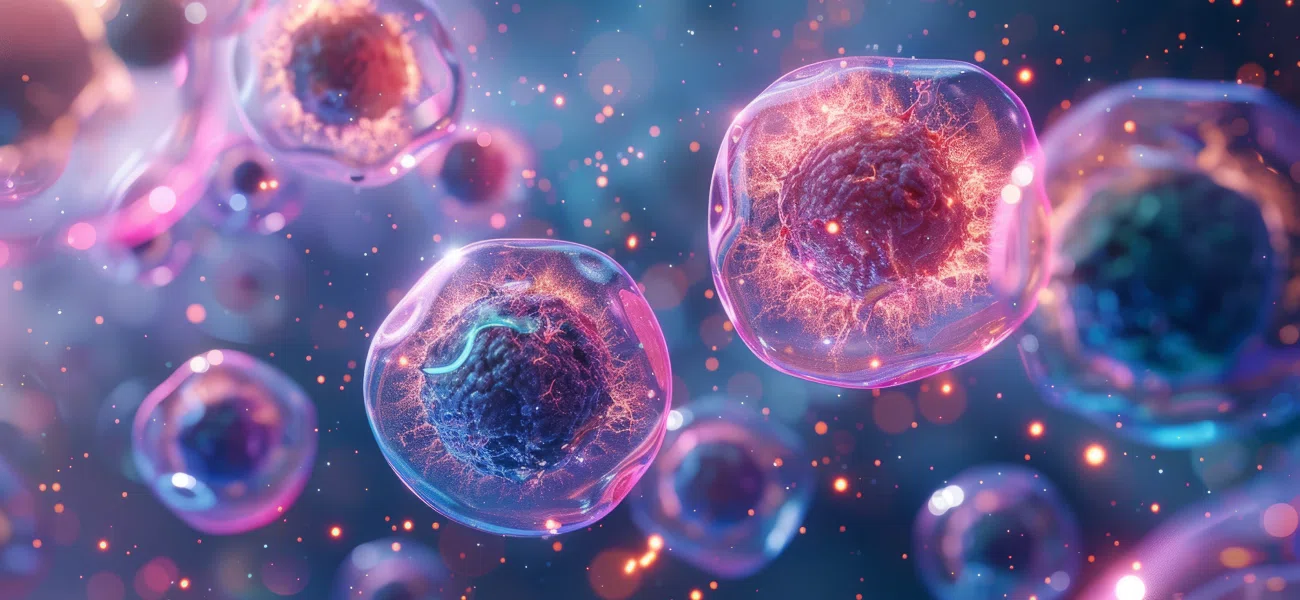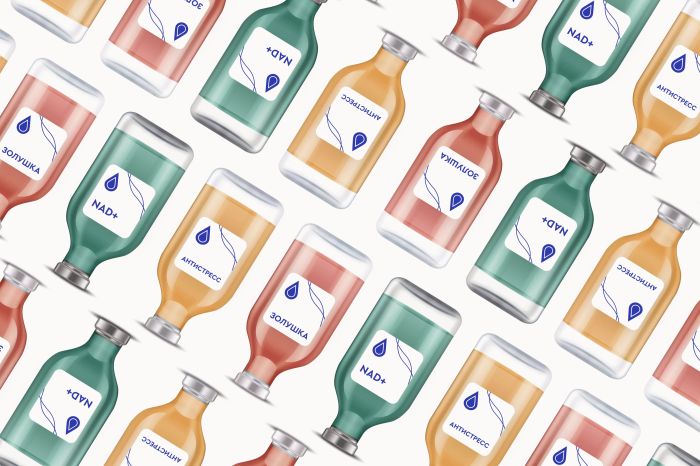Dubai
English
Request a call
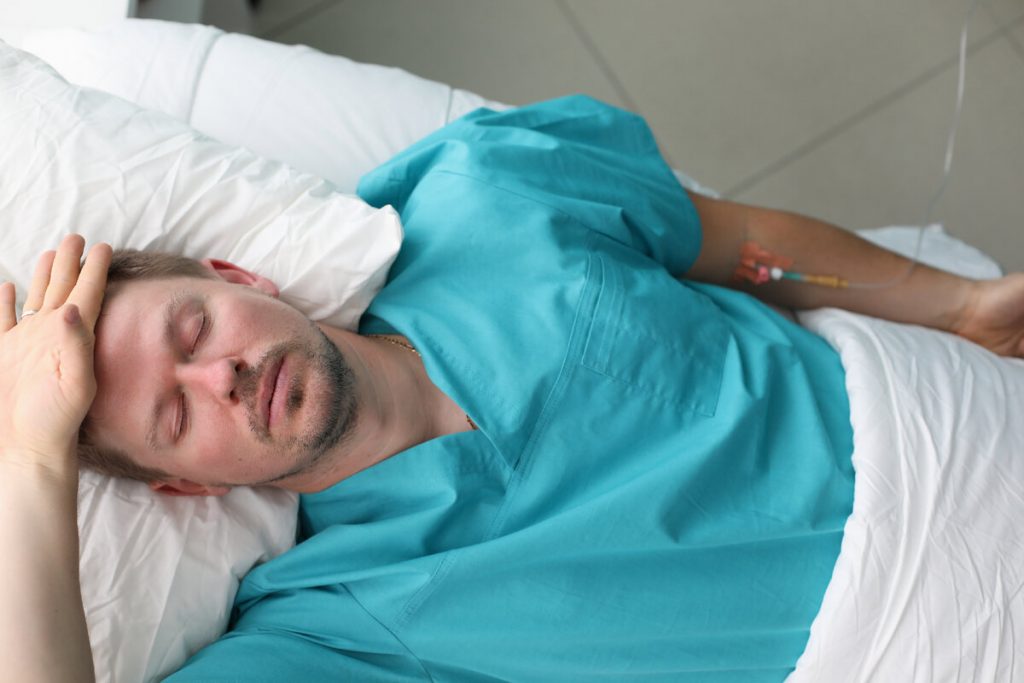
After an IV drip, many people experience weakness, fatigue, or dizziness. This condition is associated with several physiological and biochemical processes. They usually occur in the body during and after the intravenous administration of solutions.
Why does weakness occur after an IV drip?
First of all, it is necessary to take into account the composition of the medications administered through the IV. Depending on the purpose, these may include:- Saline solution.
- Glucose.
- Electrolytes.
- Vitamins.
- Pain relief medications.
- Cardiovascular support drugs.
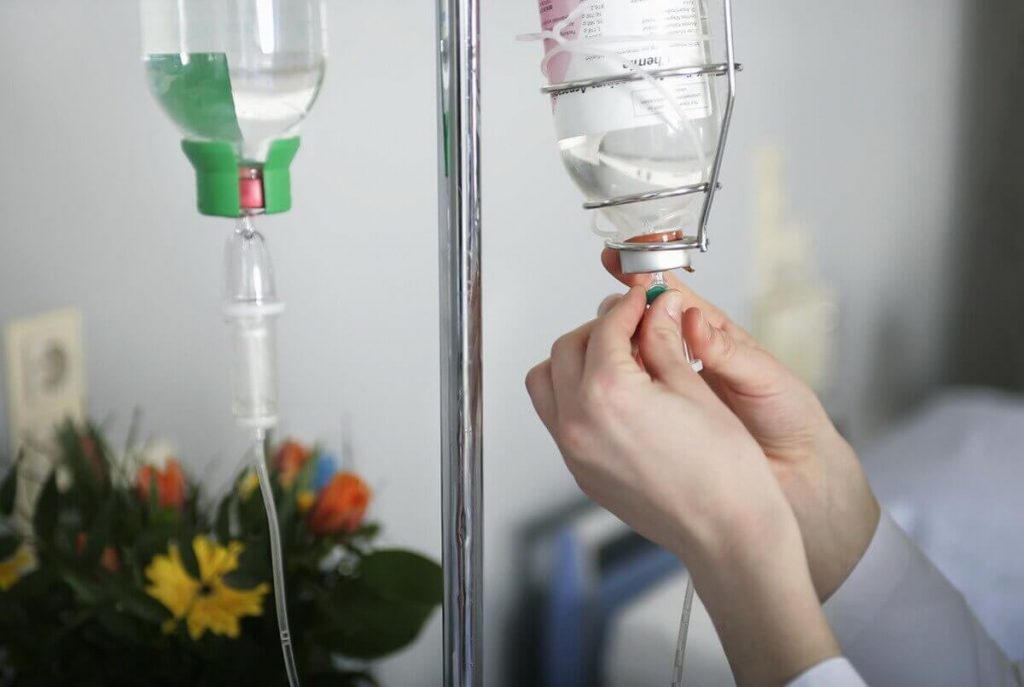
Another reason for weakness after an IV drip is the redistribution of fluid in the body. Intravenous administration of solutions increases the volume of circulating blood. This can affect blood pressure and heart function. In people with hypotension or a tendency to fluctuations in blood pressure, this may cause a feeling of weakness. In the presence of dehydration, a sudden influx of fluid can lead to temporary overload of the kidneys, which actively begin to excrete excess water. This process is in most cases accompanied by weakness.
Some medications administered through an IV drip may have side effects. These include apathy and dizziness. For example, antibiotics, antiviral drugs, painkillers, and even ordinary vitamins can cause such sensations. The body’s reaction to them is individual, which is why in some people the symptoms are more pronounced, while in others they are almost absent.
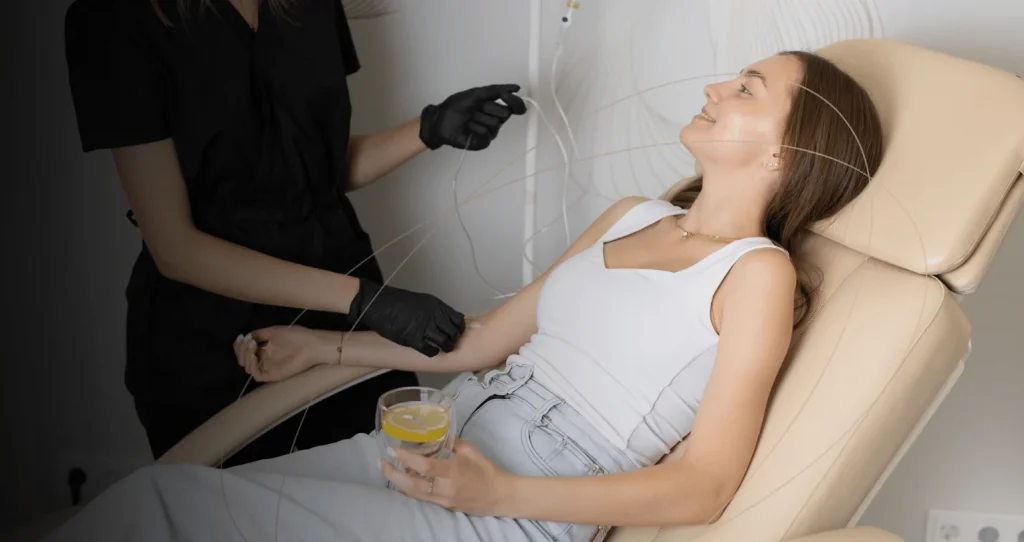
It is also impossible to rule out the psychosomatic factor. Many patients worry about the upcoming procedure, especially if it is performed for the first time or in a hospital setting. During outpatient treatment, people are not as anxious. Therefore, if possible, it is advisable to invite a nurse to the home for an IV infusion. Such services will cost much more, especially if you call specialists from private clinics. But health is more important.
Stress and anxiety can cause weakness and dizziness even with normal health indicators. An additional factor may be prolonged lying down during the IV infusion. When standing up abruptly, so-called "orthostatic hypotension" may occur, when blood pressure temporarily drops, causing dizziness and weakness.

It is also important to take into account the overall condition of the body, so as not to later wonder why weakness occurs after an IV drip. Every detail matters. Perhaps you were feeling unwell even before the infusion. If the IV is administered due to an illness, then the weakness may be related not to the procedure itself, but to the underlying disease. The body spends energy fighting infection, inflammation, or intoxication, and the administered solutions help it, but do not always immediately eliminate the symptoms.
In most cases, weakness after an IV drip is temporary and goes away within a few hours. However, if this condition persists for a long time or is accompanied by other alarming symptoms, it is necessary to seek medical attention immediately.
Here are the important symptoms that should not be ignored:
- Severe dizziness.
- Nausea.
- Rapid heartbeat.
- Loss of consciousness.
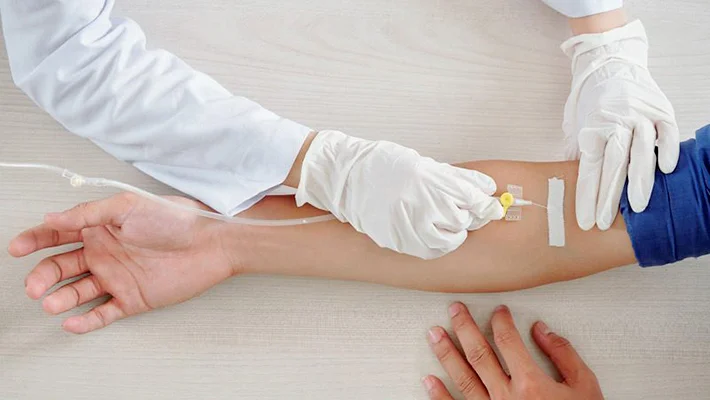
Prevention of complications after an IV drip
If you are looking for an answer to the question "why do I feel weak after an IV drip?", it means that you are about to undergo this procedure. To minimize the likelihood of weakness after an IV drip, it is recommended to follow a few simple rules: do not get up abruptly after the procedure, give your body time to adapt, maintain proper hydration, eat well, and avoid intense physical activity in the first few hours after the infusion. If you are prone to a sharp drop in blood pressure, you can inform your doctor in advance so that they can choose the optimal infusion rate and monitor your condition during the procedure. Our website features the following popular types of services:
Fill out the form to book your consultation.
Your personal manager will contact you within 10 minutes and arrange a convenient time for your visit.



